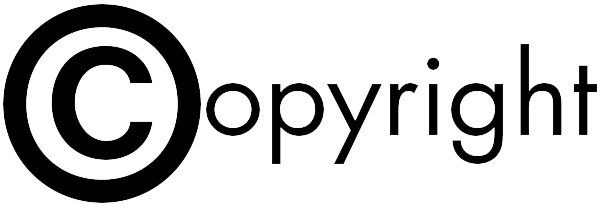Aligning the Recognition-Subsidiarity Principle and Legal Liability in Vil-lage Financial Management in Indonesia
Keywords:
Village Financial Man-agement; Recognition-Subsidiarity Principle; Legal Liability.Abstract
The amount of revenue and expenditure realization of village government per year, which is quite significant, and the ongoing efforts of certain individuals to misuse village finances indicate the need for an effective and efficient legal concept of village financial accountability in Indonesia. This study yields two conclusions based on the normative juridical method using legal principles, legal systematics, vertical and horizontal synchronization levels, concrete legal regulations, the principle of subsidiarity recognition, and existing legal accountability models. First, the principle of subsidiarity recognition in the form of facilitation, emancipation, and consolidation should serve as the basis for village financial accountability in Indonesia. Second, the ideal concept of legal accountability in village financial management, which can foster sustainable development in Indonesian villages, is achieved through establishing and enforcing laws governing strict liability, vicarious liability, secondary liability, and collective liability, both administratively and criminally. It is recommended that there be a revision of the Village Law, which regulates the rights and obligations of each stakeholder in the village, to prevent potential incentives, pressures, motives, rationalizations, and opportunities in village finances, personal and/or joint responsibilities of each stakeholder in case of financial misconduct in the village, the principle of ultimum remedium in the event of financial misconduct in the village, and the imposition of administrative sanctions in the form of interest at the monthly interest rate in cases of financial misconduct in the village.
Downloads
Published
How to Cite
Issue
Section
License
Copyright (c) 2025 Journal of Sustainable Development Issues

This work is licensed under a Creative Commons Attribution-NonCommercial-ShareAlike 4.0 International License.










